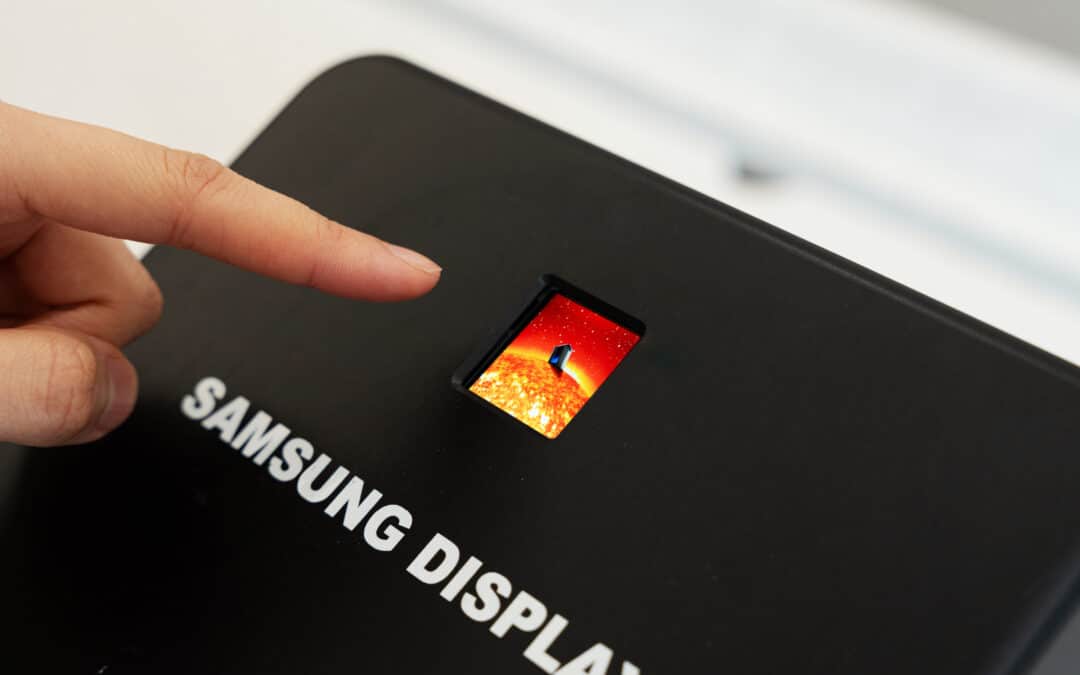Samsung’s foundry division has been trying to recover its business, as its market share gap with industry leader TSMC has widened. As a result, the company is desperately trying to secure deals from its major clients. Now, it looks like the Korean firm has cracked a deal with one of its major clients. South Korean outlet The Financial News reports that Samsung is close to signing a deal with Qualcomm, which will allow the company to bring in more cash.
Samsung Foundry sends 3nm process prototypes to Qualcomm
Qualcomm does not have its own chip fabs. It mainly relies on TSMC or Samsung for the fabrication of chipsets. Since Samsung has its own fab, the two companies can collaborate on future chips. Thanks to efforts from Samsung’s foundry division, the company recently supplied advanced prototypes to Qualcomm, suggesting the companies might close the deal soon. The prototypes delivered to Qualcomm are of the 3nm process.
This is good news for Samsung, as it has been struggling to secure deals from major clients. “Samsung is already doing well in legacy products, and as it has succeeded in winning orders from large customers (leading products), there are predictions that this year will be different,” an industry insider told the publication.
However, some analysts predict that it is not easy to improve the performance of the Samsung foundry in such a short term. Because of ongoing deficits, the company may face financial difficulties. A quick recovery of the foundry division’s financials is not likely. The company has been facing repeated losses, with last year’s deficit alone reaching tens of trillions of Korean won.
During a recent shareholder meeting, Han Jin-man, the head of the foundry division, explained that the foundry business relies on major orders, so revenue will not increase for at least two more years. Han added, “We cannot solve this problem in one or two quarters, but we will do our best.”
While Samsung is busy trying to recover losses, its competitors are growing rapidly. The gap between TSMC and Samsung grew a lot each quarter last year. Since the TSMC is currently dominant, industry analysts expect it could raise wafer prices for the sub-5nm processes by 3%.






